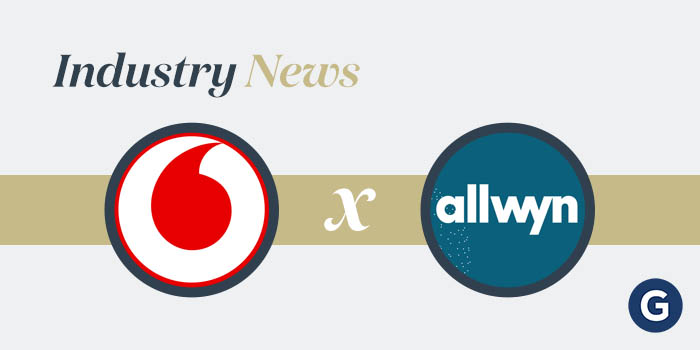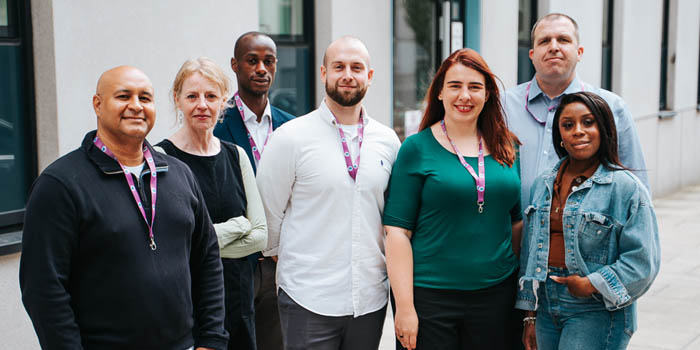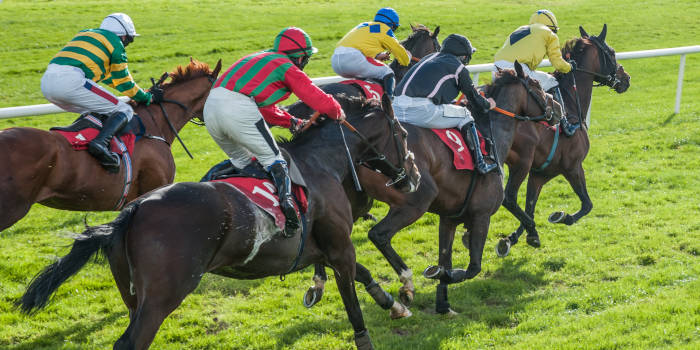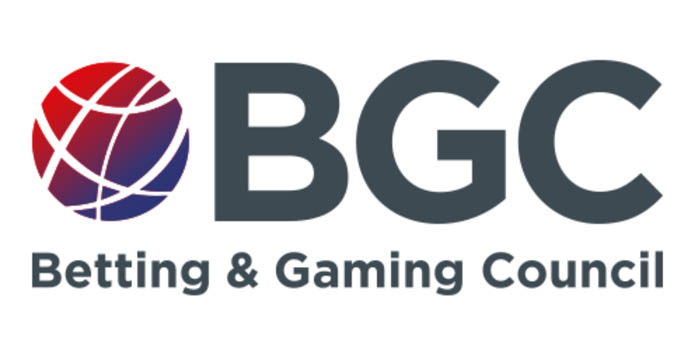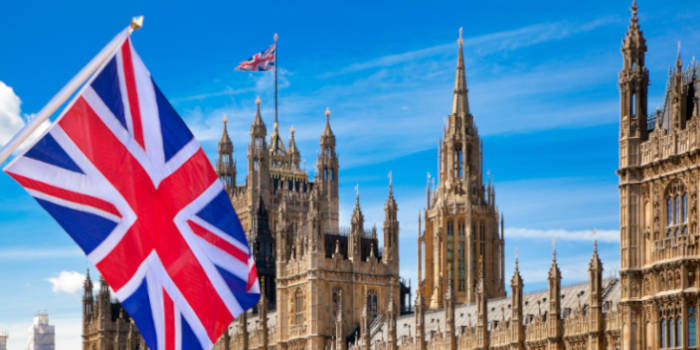GambleAware Demands for Mandatory Levy on Gross Gambling Yield
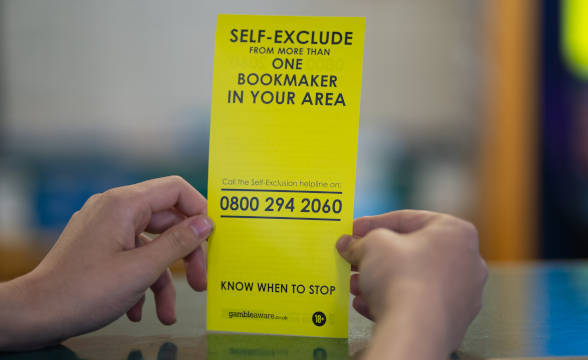
GambleAware, a UK-based independent charity that provides prevention and treatment services throughout England, Scotland, and Wales, has demanded the British government introduce a mandatory levy of one percent on gross gambling yield (GGY) in order to fund research, education, and treatment of problem gambling.
According to the charity organization, the risk of people who experience problem gambling has increased given the current economic situation in the UK.
Six Principals for Change
GambleAware published six principles, which are part of its proposal for reform. One of these principles is the incorporation of the said 1% mandatory levy, which, per the charity organization, should serve as a condition of license.
The organization stated that the gambling sector should take the necessary measures in order to help people face the increasing financial and economic difficulties in the UK by paying at least a 1% levy on GGY to support treatment, education, and research on gambling damages and raising approximately $175 million per year.
According to GambleAware, the mandatory levy in question would provide stability as well as appropriate solutions to prevent gambling harms. The charity organization also stated that such a model of funding would help for better long-term “planning and commissioning for services”.
Urgent Measures to Be Taken
Zoë Osmond, chief executive officer of GambleAware, commented that the impact of the Covid 19 pandemic, the increasing cost of living crisis, and the growing online gambling sector could result in a potential increased risk of people who experience problem gambling and who remain silent until reaching a crisis point. He added that many people and families could suffer if actions were not taken to prevent it.
Apart from the mandatory levy, GambleAware outlined five other principles, which include support for deprived communities, which are considered most at-risk when we talk about gambling harm. The principles also include delivering local prevention and treatment services. The last two principles of the charity organization concern a “coalition of expertise” and scrutiny of the investments in the gambling sector through health, environmental, social, and governance approaches.
Earlier, the British National Health Service (NHS) announced that it would not receive any funding or donations from charities related to the gambling sector, including GambleAware.
Claire Murdoch, mental health director of NHS, sent a letter to the charity organization stating that NHS would fund by itself its own gambling services throughout England as of April 1. The NHS’s decision has been influenced by patients with problem gambling who felt that there was a conflict of interest in the NHS’s clinics, which are funded by resources from the gambling sector.
Mike made his mark on the industry at a young age as a consultant to companies that would grow to become regulators. Now he dedicates his weekdays to his new project a the lead editor of GamblingNews.com, aiming to educate the masses on the latest developments in the gambling circuit.










